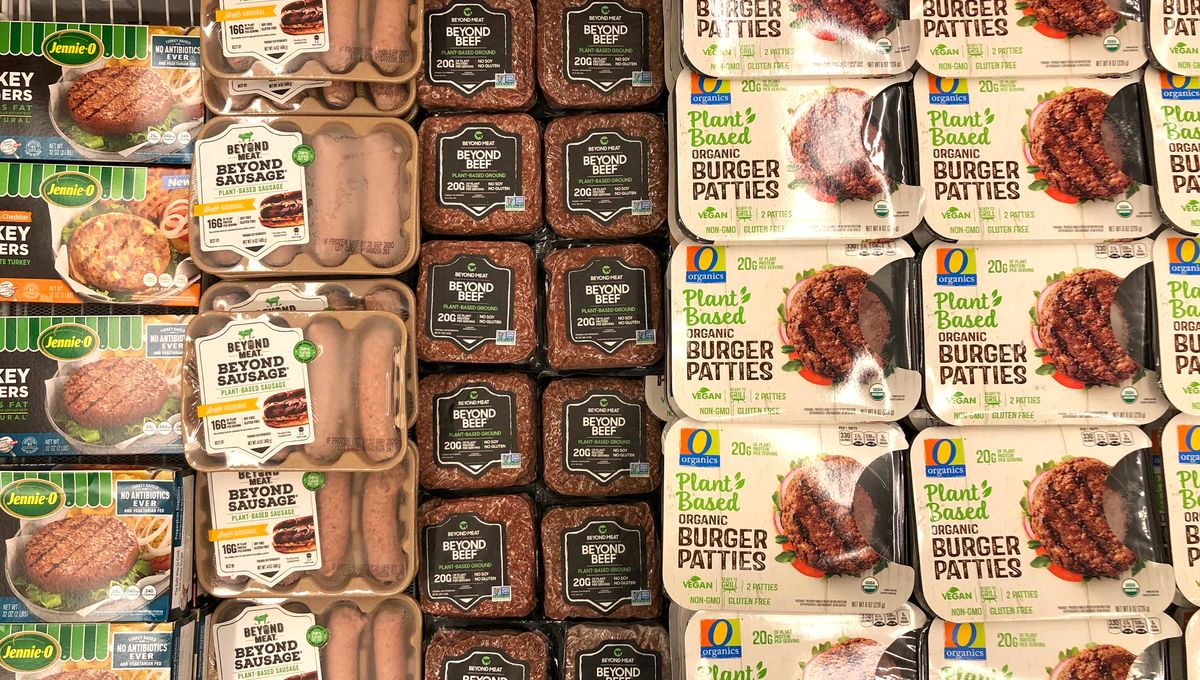It isn’t just seafood that’s loaded with microplastic pollution. In a new study, scientists found microplastics in nearly 90 of sampled meats and meat-like alternatives – including seafood, chicken breasts, beef steaks, tofu, and plant-based burgers.
It’s become well-documented that seafood is often tainted with the presence of microplastics due to the shockingly high quantities of plastic in the planet’s oceans. For instance, a 2017 review found that regular eaters of fish and shellfish could be ingesting up to 11,000 microparticles a year.
However, until now, there’s been relatively little research into the prevalence of plastic in terrestrial protein sources, like beef and chicken.
To pry into the issue, scientists at Ocean Conservancy and the University of Toronto sampled 16 protein types, including highly processed protein products and minimally processed “fresh” products.



More important than single-use plastics seems to be synthetic clothing.
Quality synthetic clothing is actually great. You can wear the same t-shirt 10 years in a row and it will look and feel like a new one. But cheap ones tend to fall apart faster than cotton variants.
You know what else lasts 10 years? Quality cotton t-shirts.
They don’t really.
Thrift stores throw away most of the clothing they get. $5 shirts on Shein are obviously garbage, but even the stuff sold in malls is basically single use.
Know tons of people who’d rather toss/“donate” something than sew a button back on.